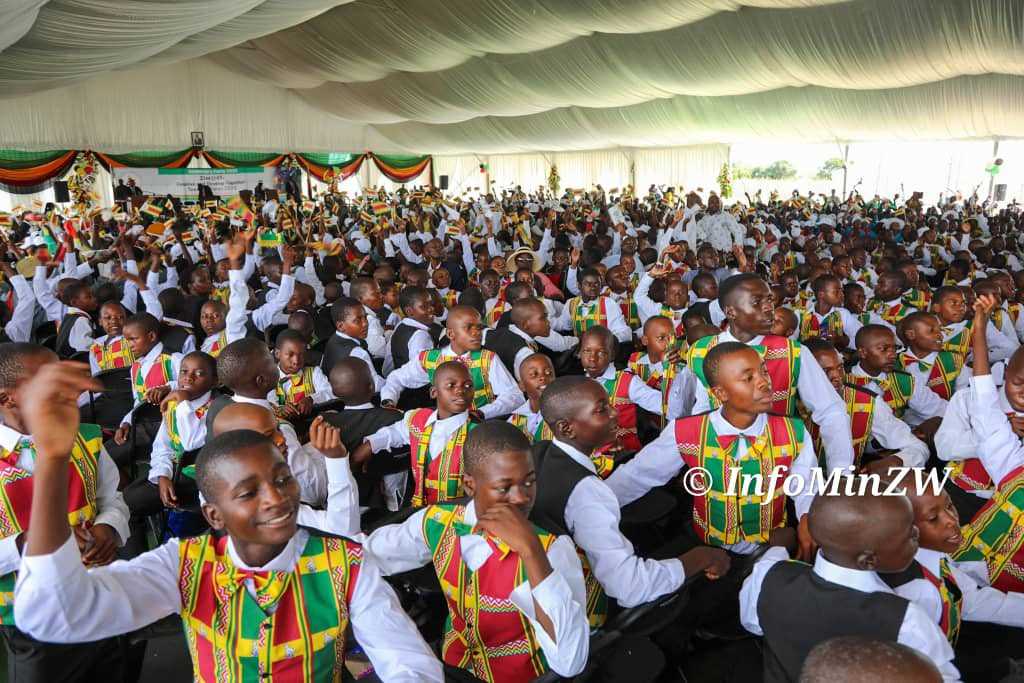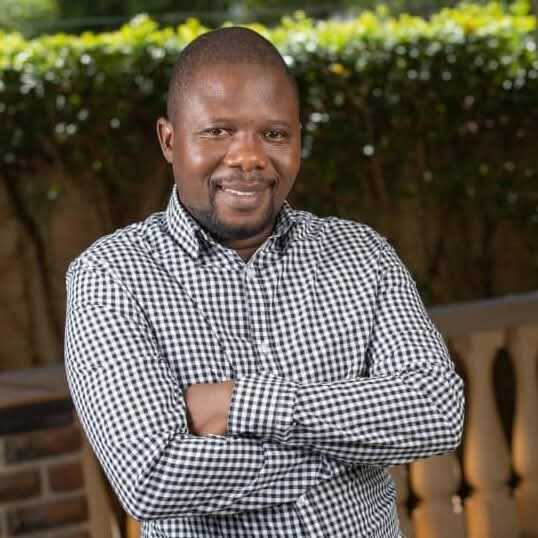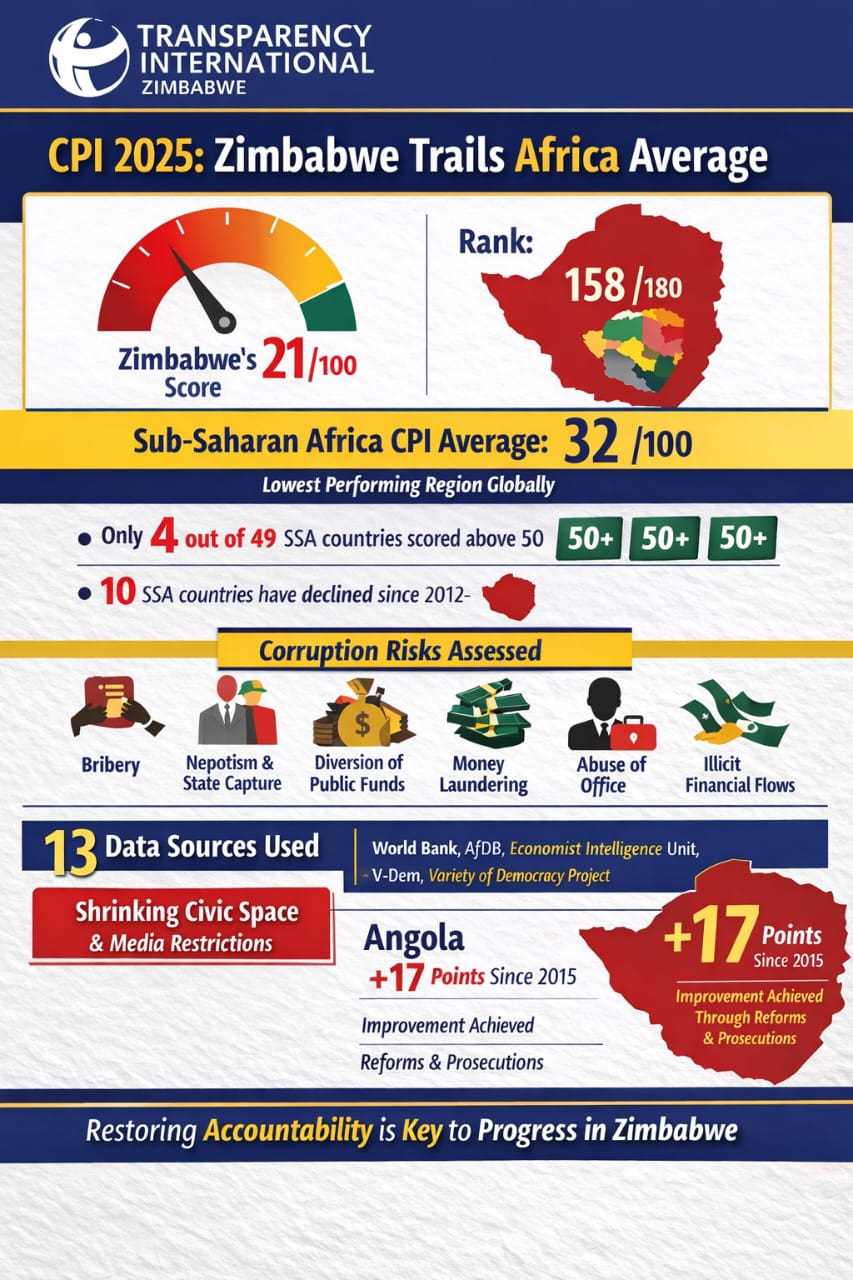
Zim Now Writer
President Emmerson Mnangagwa has called for accelerated investment in school infrastructure and reaffirmed his administration’s commitment to transforming the education sector through digital technologies and heritage-based learning.
Speaking at the 45th Independence Children’s Party held at Nyamuroro High School in Gokwe North District, President Mnangagwa said government was working with various stakeholders to ensure quality, inclusive education and modern learning environments for all children regardless of geographical location.
“The construction of modern classroom blocks, training of teachers, and availing learning materials, makes sure that no child is left behind,” he said.
Related Stories
The President also emphasized the need to bridge the rural-urban divide in education access by prioritizing digital integration in schools. “My Administration is prioritizing an e-teaching and e-learning policy within our schools,” he said, adding that, “electricity, internet connectivity and related ICT equipment to schools, including those in marginalised communities, is being provided.”
In line with the country’s commitment to Sustainable Development Goal 4 on quality education, President Mnangagwa said the government is working to ensure “universal primary and secondary education, the promotion of foundational learning, and ensuring that all children of school-going-age have the relevant skills and equipment to innovate for employment creation and entrepreneurship.”
He also praised the ongoing implementation of the heritage-based curriculum, noting its value in cultivating local identity, problem-solving skills, and community relevance among learners.
“The importance of including our rich cultural heritage into an educational framework has led to the development of the heritage-based curriculum,” he said. “Learners should be able to relate to relevant education, so that you the students, can solve the challenges which communities face on a day-to-day basis.”
President Mnangagwa underscored the importance of equipping learners with scientific, vocational, and entrepreneurial skills to meet the demands of the 21st-century economy. “The reviewed curriculum is also meant to address the needs of the 21st Century economy,” he said, adding that the education system must produce graduates “who are competitive in the global environment.”
He called on ministries responsible for ICT and energy to fast-track projects that improve access to learning infrastructure, particularly in rural areas. “This should see our schools, especially those in rural and resettlement areas, recording critical infrastructure improvements that enhance the learning experiences of pupils,” he said.

















Leave Comments